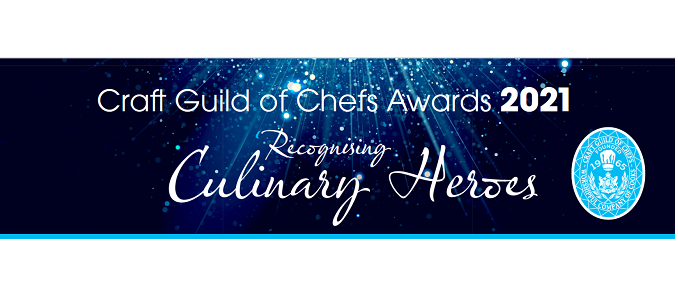Exemplifying its commitment to operating a socially and environmentally responsible business, Chicken of the Sea International has released its first corporate sustainability report, the culmination of a company-wide sustainability assessment undertaken in 2011.
The third-party assessment, led by Strategic Sustainability Consulting, was a yearlong project that examined practices throughout the organization and its supply chain, and focused on creating a systematic approach to managing and developing the company’s sustainability initiatives — including goals for the future
“Our sustainability efforts do not end when seafood is caught, but extend all the way through processing, packaging and delivery to our customers,” said John Sawyer, Chicken of the Sea’s senior vice president of sales and marketing. “Where we have direct control over our operations, we are taking direct steps to optimize and reduce our possible impact and footprint. Where we do not have direct control, such as our supply chain, we have established clear expectations and are building a concrete review process.”
As part of the auditing process, Chicken of the Sea identified four key areas for improvement:
- Data collection systems for carbon, waste and water throughout its facilities – The company underwent a comprehensive carbon footprint assessment to gather information on its own operations, as well as information from its suppliers. As a result of this assessment, Chicken of the Sea realized it is responsible for 75,600 metric tons of greenhouse gas emissions, with freight transportation responsible for 78 percent of its total emissions. The company is committed to vigorously working with its freight vendors to improve these emissions and support each vendor’s own sustainability initiatives.
- Supporting the product life cycle for all of its products, from responsible fishing practices to using recycled-content packaging materials – In 2011, Chicken of the Sea focused on collecting robust data to create a baseline to measure future progress. In 2012, the company is using this information to identify opportunities to reduce its environmental impact and implement new management systems.
- Supply chain management – Chicken of the Sea underwent a thorough review of its supply chain, which led to a new Supplier Code of Conduct. Chicken of the Sea is continuing to develop a more formalized auditing plan for its supply chain, which will be introduced within the next two years.
- Sustainability expectations for Chicken of the Sea employees – The company is working to more closely integrate sustainability expectations into its employee engagement activities. These projects will be completed in 2012 and reported upon in next year’s report.
“The first step in developing a strategic sustainability plan is to understand the leverage points in your operations and supply chain,” said Strategic Sustainability Consulting’s President Jennifer Woofter. “By taking a broad view of the company’s impacts – including facility management, employee engagement, vendor and supplier relations, and customer expectations – we were able to help Chicken of the Sea create a robust plan to address sustainability in all aspects of its business. Together, we’ve developed a sustainability strategy that will put Chicken of the Sea in a leadership position in its industry.”
“Our sustainability audit is the first step in what will be an ongoing and long-term effort to better communicate with our stakeholders on issues of social and environmental responsibility. We look forward to openly sharing our sustainability challenges and opportunities in the coming years,” Sawyer said.
Chicken of the Sea’s full 2011 sustainability report is available for download on its website at www.ChickenoftheSea.com/Sustainability <http://www.ChickenoftheSea.com/Sustainability> .
As a seafood category leader, Chicken of the Sea provides a variety of shelf-stable seafood products, including tuna, salmon, crab, shrimp, oysters, clams, mackerel and sardines. The Chicken of the Sea brand and famous Mermaid icon are among the most recognized brands in America.
Strategic Sustainability Consulting (SSC) provides organizations with the tools and expertise needed to understand and manage their social and environmental impacts. Through sustainability assessments, green auditing, supply chain management, stakeholder consultations, sustainability disclosure and social marketing, SSC helps organizations embrace their larger societal responsibilities and be the good corporate citizens to which they aspire. Find out more at www.sustainabilityconsulting.com <http://www.sustainabilityconsulting.com> .






